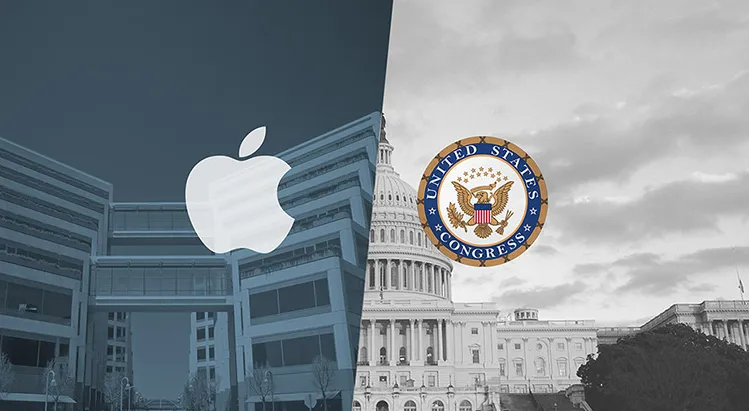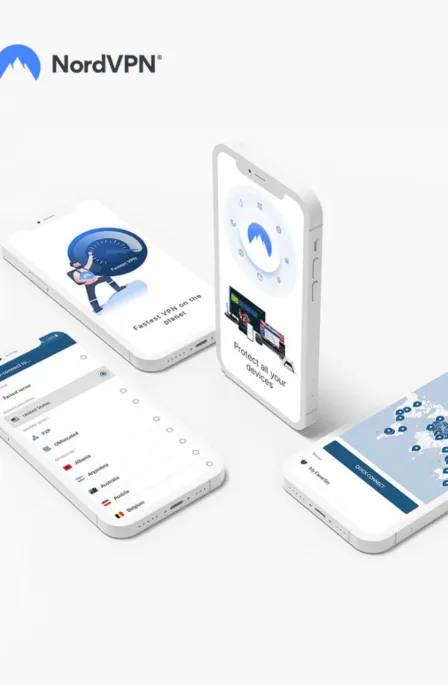The legal battle between the U.S. Federal Bureau of Investigation (FBI) and Apple over accessing the iPhone of San Bernardino’s shooter after the authorities announced they had obtained access to the iPhone through third-party services.
However, the lawsuit triggered a debate between law enforcement agencies and technology firms over data privacy and encryption.
What was the lawsuit about?
A federal judge asked Apple to correspond to the request of the FBI to unblock the iPhone of Syed Farooq, who shot dead 14 people in San Bernardino in December of last year.
The judge directed Apple to provide “reasonable technical assistance” to the FBI authorities, which would require Apple to install a backdoor software to crack the iPhone and overhaul the operating system that erases all the data after 10 unsuccessful attempts. But, Apple declined to help the FBI authorities.
The CEO of Apple Tim Cook described the order as “chilling” and that it would require the company to create entirely new software that would compromise the entire security system of the iPhone, the very “fundamental concept” the company stands for. Cook’s concern was that if they create such software, what the guarantee that the FBI won’t use it to breach other iPhones is?
However, law enforcement authorities argued it to be a one-off request. But the case went to court.
What was controversial?
The case is marked as one of the high-profile clashes in the debate over encryption and privacy between law enforcement agencies and the tech giant.
Law enforcement authorities claim that the encryption by Apple and its counterparts makes it harder for law enforcement agencies to solve cases and prevent terrorist attacks.
Technology firms claim that encryption is the very key to protecting their users from hackers.
What was the outcome?
The court hearing was postponed after the government told that it had found a third party to unlock the iPhone. Reports say that it was an Israeli firm, “Cellebrite.” However, it was never confirmed by the authorities.
Later, the Department of Justice informed that it had managed to access the device in question and asked the attending judge to dismiss the case. The FBI did not comment on the “technical aspects” of how they managed to unlock the iPhone device or the third party that was involved.
Who won the trial?
It appears to be a bizarre situation. Apple stood its ground in defending civil liberties.
Apple responded to the FBI in the closing statement, “From the beginning, we objected to the FBI’s demand that Apple builds a backdoor into the iPhone because we believed it was wrong and would set a dangerous precedent. As a result of the government’s dismissal, neither of these occurred.”
Is this the end of it all?
The case may have ended, but the hot debate over encryption has started on the national and international level, and security experts are debating on forums and panels for the protection and privacy of the public.
image credits: CNN
Share this article
About the Author
Rebecca James is an IT consultant with forward thinking approach toward developing IT infrastructures of SMEs. She writes to engage with individuals and raise awareness of digital security, privacy, and better IT infrastructure.
More from Rebecca JamesRelated Posts

Passengers’ Data Stored on User Devices, not on DigiYatra Storage, says India Govt
KEY TAKEAWAYS Unblocking streaming content from Amazon Prime is easy only if you know the reliable V...
NCSC Chief: Clear Rules Needed to Prevent Cyberspace Conflict and Struggle
A safe and secure digital world necessitates a clear definition and enforcement of international cyb...
‘Revive’ has been upgraded to a banking Trojan on Android
This month, Cleafy’s security researchers discovered a new Android Banking Trojan in the wild....
Asian Industrial Control Systems Targeted by Hackers Using the Shadowpad Backdoor
Unpatched Microsoft Exchange servers in various Asian countries were the target of an attack campaig...
Data Breaches Could Occur Due to Kubernetes Misconfigurations That Were Leaked.
Over 900,000 Kubernetes (K8s) have been discovered to be vulnerable to malicious scans and/or data-e...
Attacks by Cybercriminals Will Become the Main Threat in 2024. Privacy Issues Tendencies
Internet Privacy is the main Concern today Advertisers track your online activities and interf...





